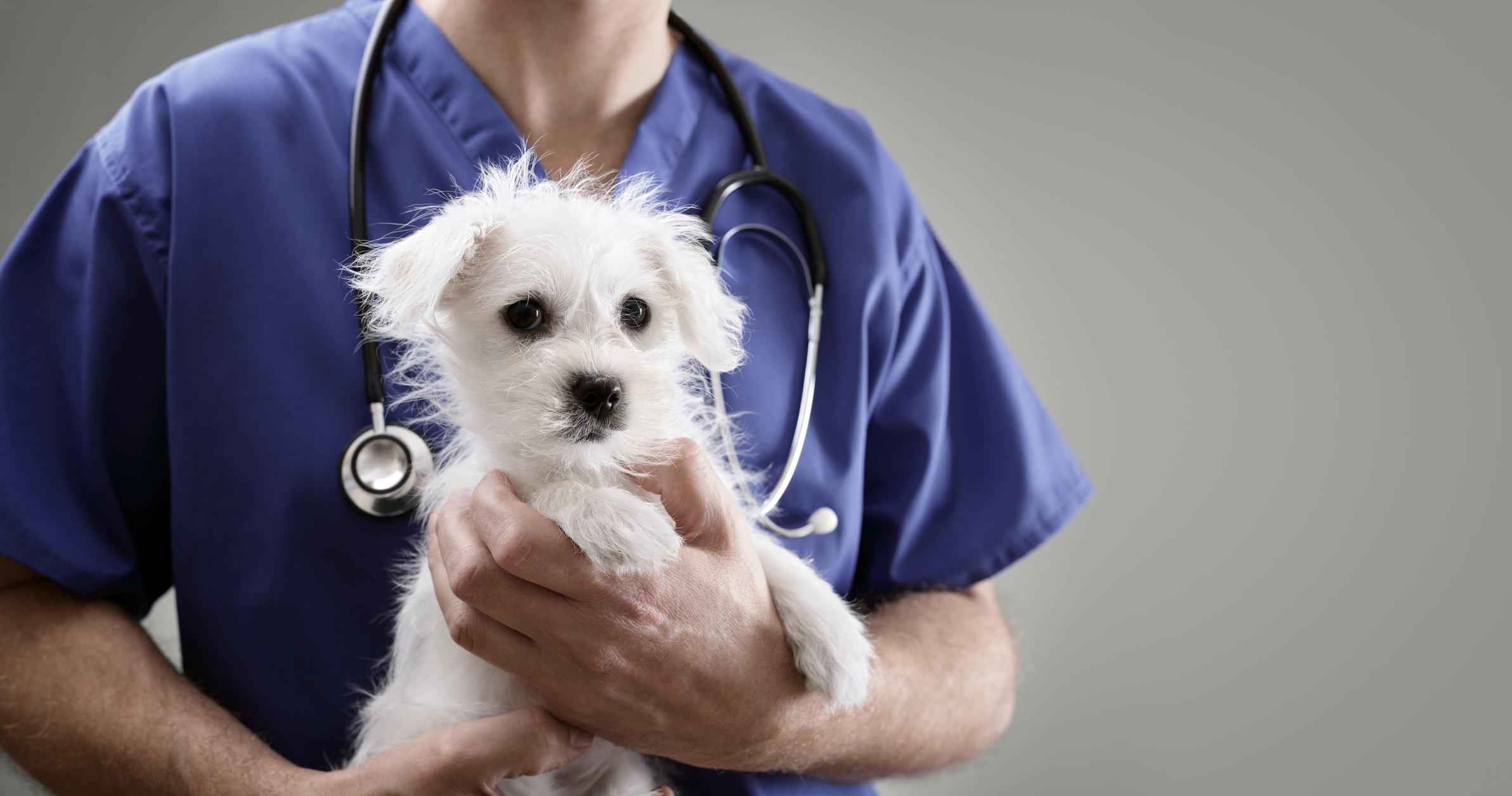
Watch Out for This Form of Cancer in Your Small Dog
Cancer is one of the scariest health problems to affect our furry friends. Not only is it often life threatening, but it’s also difficult to spot until it’s spread or worsened. One of the reasons for this is that every type of cancer acts and presents a little differently and can sometimes masquerade as a different type of health problem. Such is the case with transitional cell carcinoma (TCC), or bladder cancer, in dogs.
TCC, which commonly affects small dogs, often causes problems with the urinary tract, leading to a dog’s painful or inappropriate urination. Unfortunately, these symptoms are closely aligned with urinary tract and bladder infections, which vets typically prescribe antibiotics to treat. But in some cases, something much more serious is going on.
Understanding transitional cell carcinoma
TCC is an aggressive form of dog cancer that originates in the urinary tract. The cancer is often found in the lining of the kidneys, urethra, bladder, prostate or vagina. Because of this, the cancer’s main symptoms tend to affect your pup’s ability to urinate normally. The urinary tract may become completely obstructed, or your pup may experience incontinence—the inability to control their bladder.
TCC is more common in female dogs than in male dogs. It is also found more often in smaller dog breeds, such as Scottish terriers, West Highland white terriers, beagles and dachshunds. This may be linked to a genetic predisposition, although other breeds can succumb to TCC. Studies have also pointed to insecticide exposure as a potential cause. Older dogs have a greater chance of developing the cancer, as well.
In addition to the more general symptoms of cancer like lethargy, inappetence and vomiting, TCC typically presents as a urinary tract problem. It may cause symptoms like:
- Difficulty urinating or straining
- Frequent urination of small amounts
- Painful urination (often accompanied by whining or other pain noises)
- Inability to urinate at all
- Blood in the urine
- Urination in inappropriate places around the home

Because these symptoms can also be attributed to urinary tract infections, bladder stones and other bladder problems, you should visit the vet as soon as you notice any problems your dog has with urination. Many pets with TCC have a concurrent bladder or urinary tract infection, which will need to be treated with antibiotics. Whether the problem is cancer or not, allowing a urinary tract issue to progress could cause your pet a lot of pain and may even put their life at risk.
After developing in the urinary tract, unchecked TCC can spread to other areas of the body, namely the lymph nodes and major organs.
Is there a treatment available?
Blood tests, a urinalysis and a urine culture will likely be the first steps in testing, followed by X-rays if cancer is suspected. Your vet will likely conduct a biopsy of any masses found in the urinary tract to confirm TCC.
TCC used to be considered an incurable form of cancer in pets due to its difficult location. Fortunately, new medical trials and procedures have helped many pet owners extend the life of their beloved four-legged friends.
However, because TCC spreads quickly, early treatment is very important. Unfortunately, unlike other types of tumors, masses caused by TCC are usually unable to be surgically removed due to their sensitive placement. Chemotherapy doesn’t always help control the size of the tumor, but it may help reduce the tumor’s spread and extend your furry friend’s lifespan. On average, a dog diagnosed with TCC can live up to 10 months with treatment.
Depending on the placement of the tumor, your vet may also recommend inserting a tube into the urethra and bladder. This can help prevent against urethral blockages, which can cause severe health problems in dogs. It may also make it easier and more comfortable for your pup to manage their disease.
Although surgery and chemotherapy are not necessarily cures for TCC, there are additional things you can do to potentially make your pup more comfortable and happy while undergoing treatment. Alternative treatments like medicinal mushrooms, herbal remedies and CBD may help a dog fighting cancer feel more energetic and comfortable.
The most important thing to remember about cancer, in general, is that the sooner the treatment, the better. In order to treat cancer early, you’ll need to be vigilant about watching for symptoms in your pup and seeking veterinary help right away. If your dog begins exhibiting bladder control or urination issues, don’t delay in making an appointment for testing.


